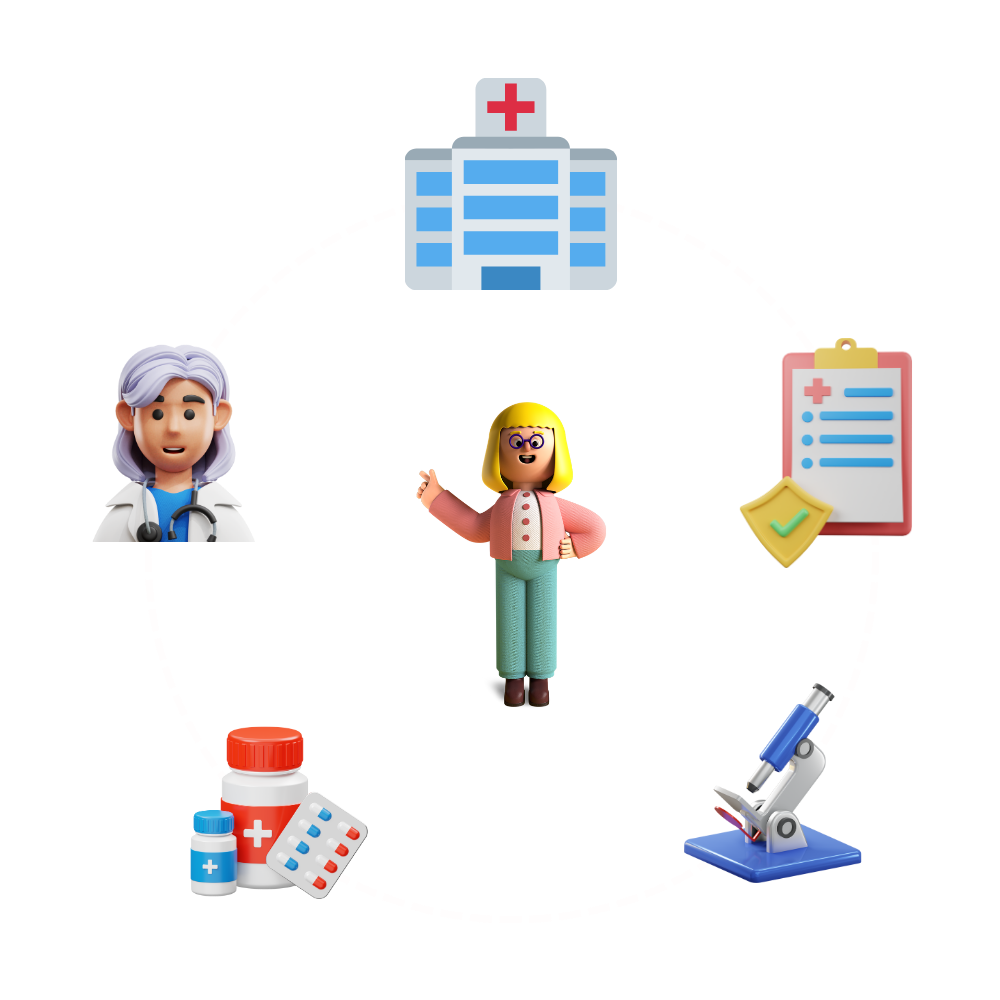About Sterling Cancer Hospital
Since 2010
Sterling Cancer Hospital is one of best Multispeciality clinic located at Bhayli, Vadodara. Established in the year 2010. Sterling Cancer Hospital is visited by top doctors like Dr. Bhavin Patel (General Surgeon), Dr. Madhav Tamhankar (Nephrologist), Dr. Ashish Kumar (Radiation Oncologist), Dr. Parth Patel (Surgical Oncologist), Dr. Harish Verma (Surgical Oncologist), Dr. Vibha Naik (Oncologist), Dr. Pradeep Shah (Oncologist) & More.
The Timing of Sterling Cancer Hospital is
MON - SUN
24 * 7
For patients pleasant facility, Sterling Cancer Hospital provides a amenities like Waiting lounge. Sterling Cancer Hospital has a wide range of procedures and services offered to their patients like Tumor Celar, Sinonasal Malignancies, Stereotactic Radio Surgery (SRS), Human Papilloma Virus - HPV, Chemotherapy of Haematological Malignancies, Tumors And Cysts, Cancer Screening (Preventive) & More. The 12 Doctors at Sterling Cancer Hospital are very good knowledge in their field of expertise & provide the best Diagnosis & Treatment to patients.
The staff at Sterling Cancer Hospital are polite and providing prompt assistance with any queries that the patient may have. The patient can pay for the service with ease by using any of the available modes of payment, such as Credit Card, Debit Card, Net Banking, Cash, Cheque.
A vision to create a world-class comprehensive cancer hospital in South Gujarat, entailing the finest medical skills combined with compassionate care, inspired us to launch Sterling Cancer Hospital at Vadodara.
With its unique ‘comprehensive care’ based approach, Sterling Cancer Hospital, Vadodara will soon emerge as one-of-its-kind Cancer hospital in South Gujarat.
Overview:
Our dedicated BMT unit is equipped with HEPA filter, which provided extra aseptic environment for the patient during the procedure and minimizes the risk of adverse events and systemic infections The department is equipped with 9 bedded modern ICU having suite, deluxe and single room with dedicated 'Day Care' unit. The hospital is equipped with India's most advanced machines in radiotherapy like TrueBeam™ STx system, PET-CT, and Digital Mammogram.
It has dedicated 3 OTs having Laminar Airflow HEPA filter with class 100 standard. The department has the highly advanced 16 Slice Siemens Biograph Horizon with ‘Time of Flight’ Technology, which allows the diagnosis to go beyond the conventional PET Scan devices. The department has the state-of-the-art Digital Mammogram with Tomosynthesis Technology which gives 3D pictures of the breast. Hence this increases the precision and accuracy in detection and treatment of the tumour
 Drlogy
Drlogy







